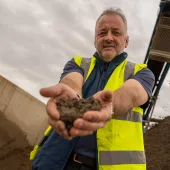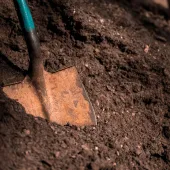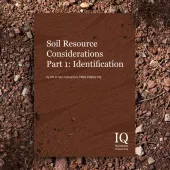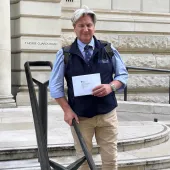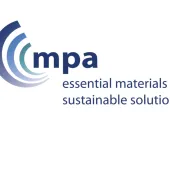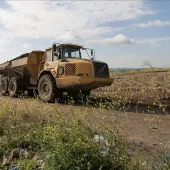Property Care Association urges quarry professionals to understand their role in preventing spread of INNPs
THE Property Care Association (PCA) is urging the prioritization of waste-disposal practices that help prevent the spread of invasive non-native plants (INNPs).
Increasingly, evidence indicates that waste soil containing invasive plant material is being diverted to quarry infill or land reclamation schemes, rather than landfill. In some cases, these methods may be illegal or fall outside compliant disposal routes, and the national trade body has raised concerns this could become more common if proposed reforms of the Landfill Tax go ahead.
The PCA represents professionals in the protection, preservation, and repair of buildings and land, including the management of invasive plants. Invasive plant surveyors and technicians work alongside professionals across a range of projects from remediation of residential sites to small brownfield developments and major infrastructure works.
PCA chief executive Sarah Garry said: ‘The PCA supports a balanced, evidence-led approach to the landfill tax that reflects the diversity of UK remediation sites and ensures that landfill remains a last resort, not the default.
‘We’re calling on the Government to reward or enhance incentives for low environmental impact remediation methods that avoid landfill and urging professionals in the quarrying sector to understand the key role they can play in preventing the environmental and economic harms caused by the spread of INNPs.
‘To support this, there will need to be government investment in research and development into solutions that combine environmental ambition with real-world deliverability, and better support for industry in understanding soil handling.’
Soil contaminated with fragments, seeds, or rhizomes of non-native invasive species, such as Japanese knotweed, has limited options for re-use or recycling and its removal is a fundamental step towards restoring land with a view to achieving Biodiversity Net Gain.
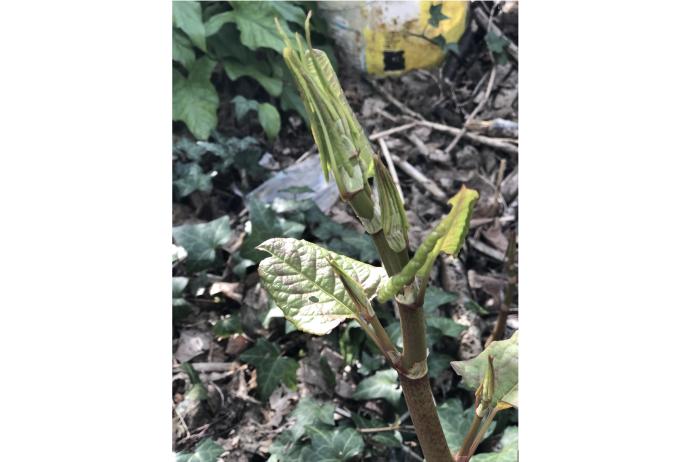
Alongside setting out its priorities in a response to the Landfill Tax consultation, the PCA has also called for the introduction of mandatory Biosecurity Management Plans (BMPs) for nurseries, suppliers, and landscapers in a response to government proposals for a Horticulture Pathway Action Plan.
Daniel Docking, technical manager of the PCA’s Invasive Weed Control Group, said: ‘BMPs are essential for setting consistent standards across the horticultural sector and ensuring that businesses have formally identified INNP risks and are managing them proactively.
‘We welcome the objectives of the plan, particularly the aim to reduce the risk of invasive plants entering and spreading through horticultural pathways, but believe it could be strengthened in several areas, such as improved plant labelling to support the consumer and better waste-management solutions.’
Experts in invasive plants, ecology, biodiversity, and the built environment will discuss key topics, including plants of concern and rapid response methods, at the PCA’s annual conference on 27 November at Manchester United FC’s Old Trafford stadium. Booking details can be found at: www.property-care.org/events/conferences




